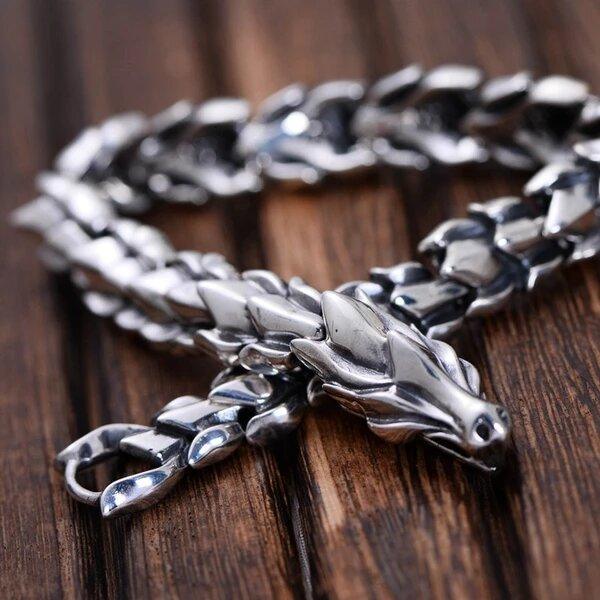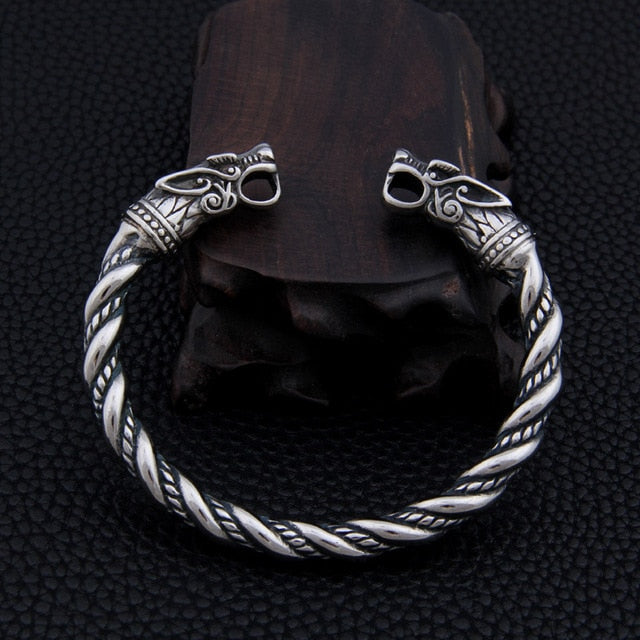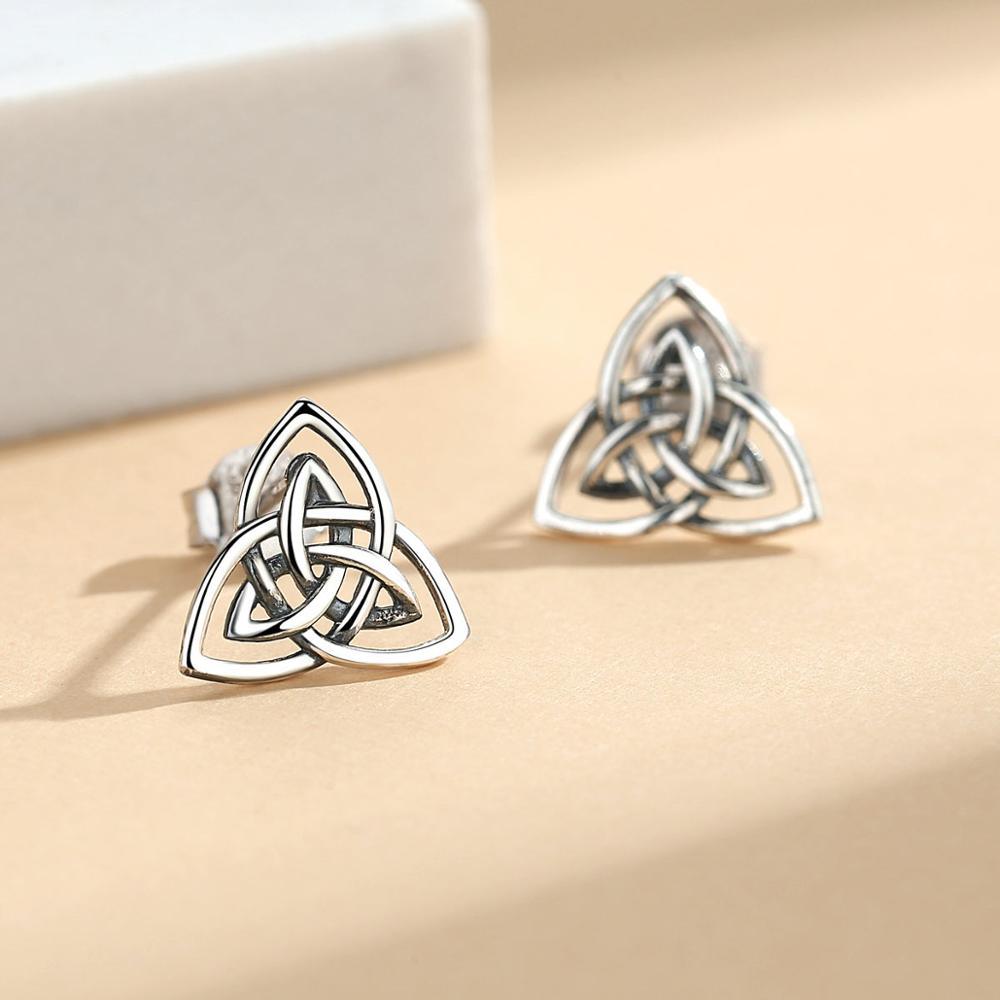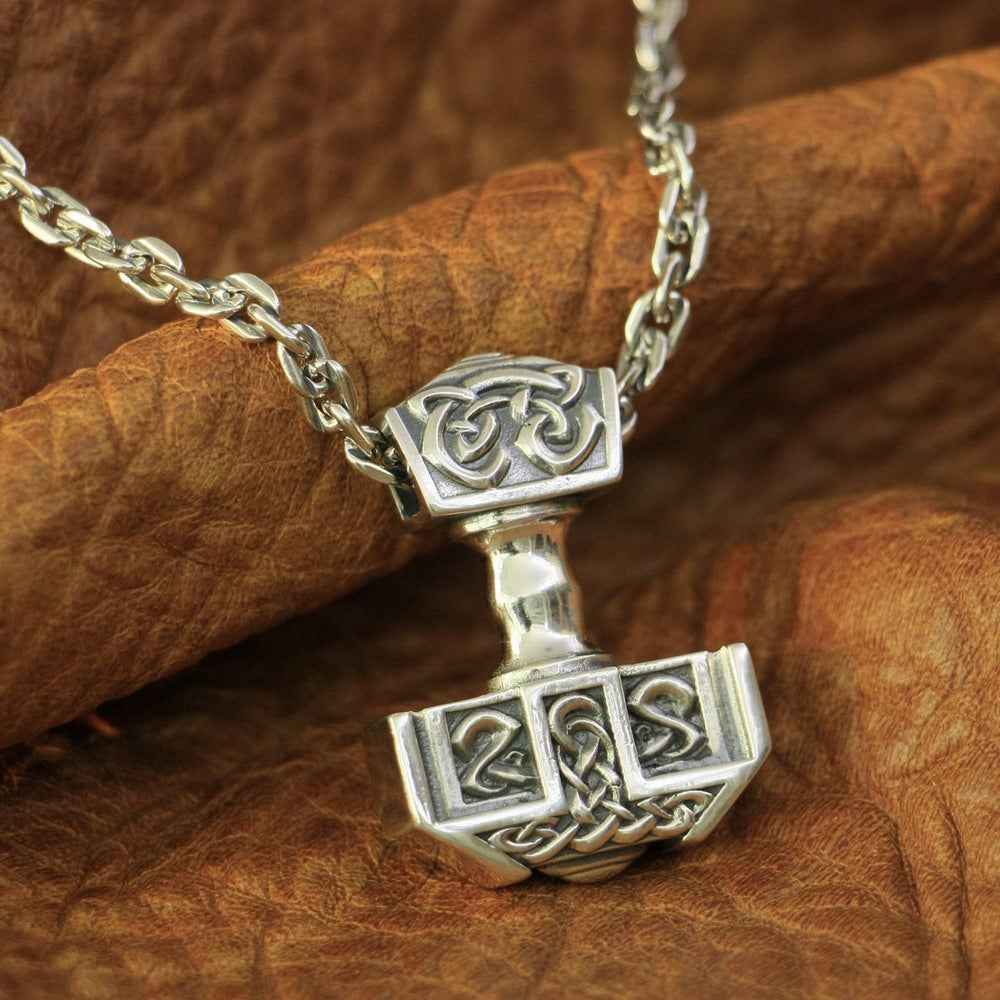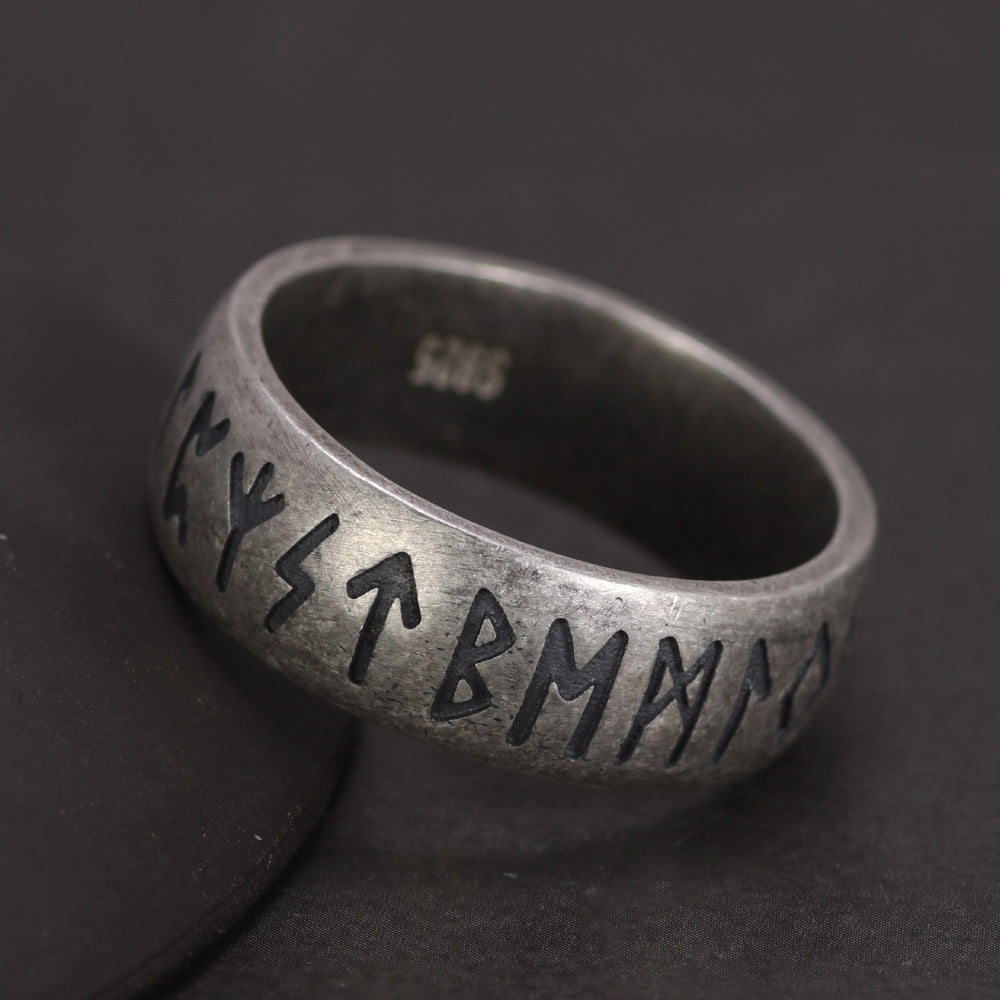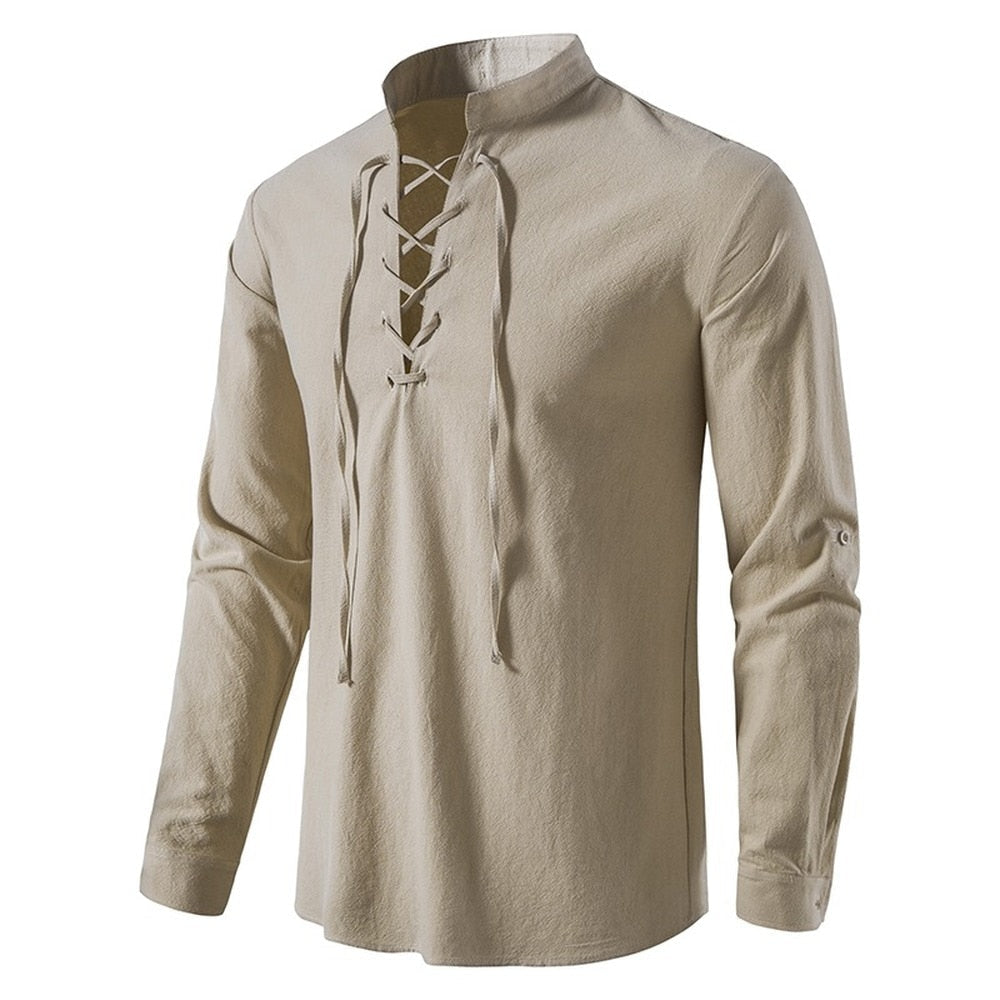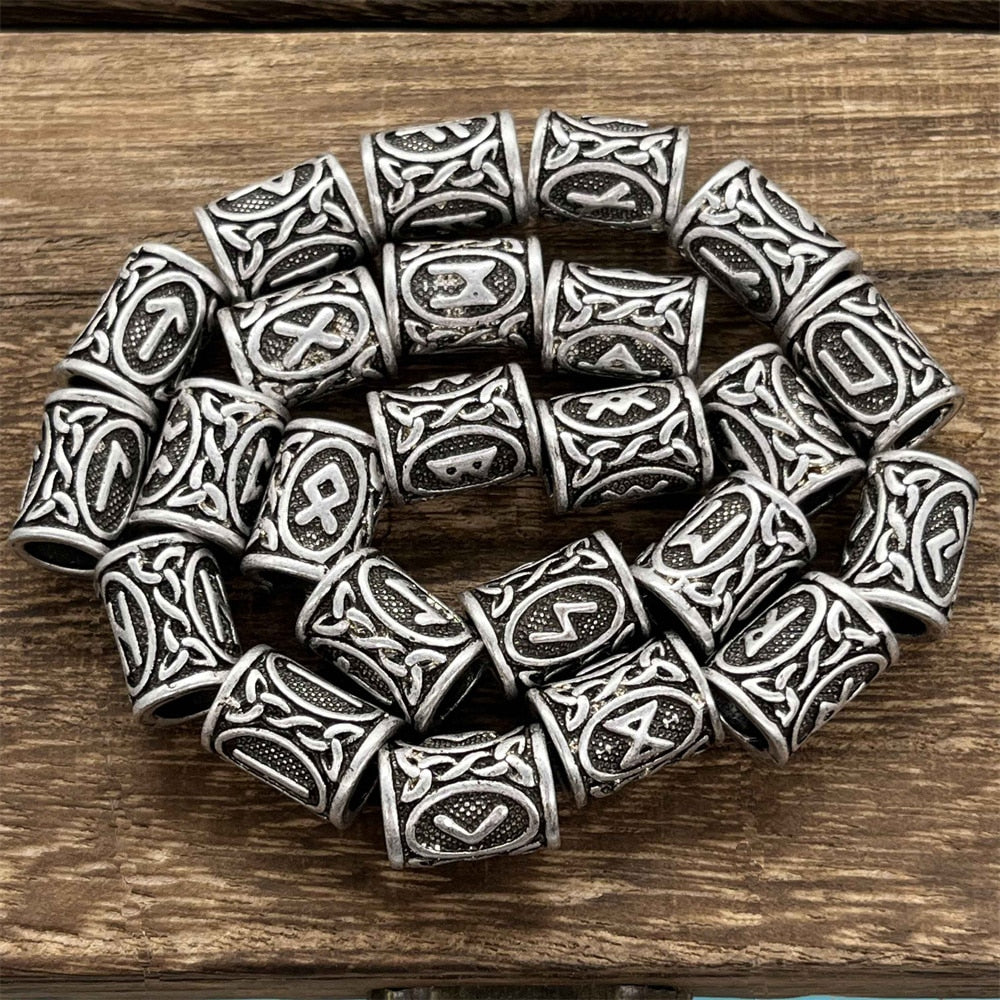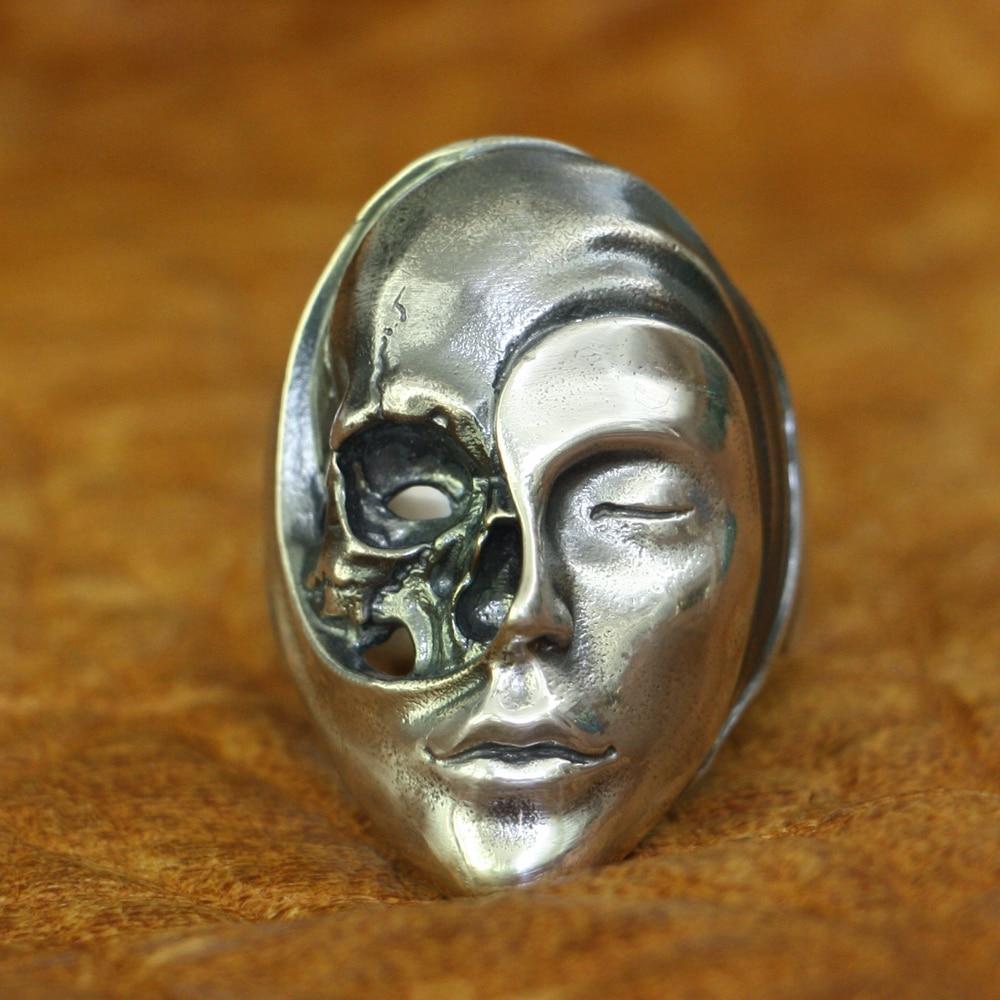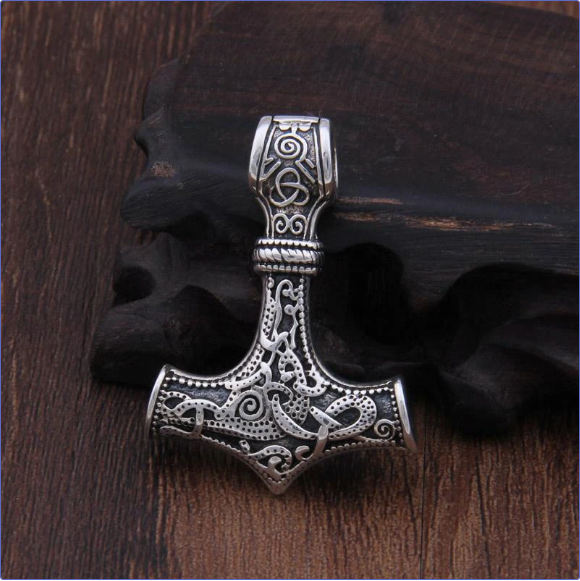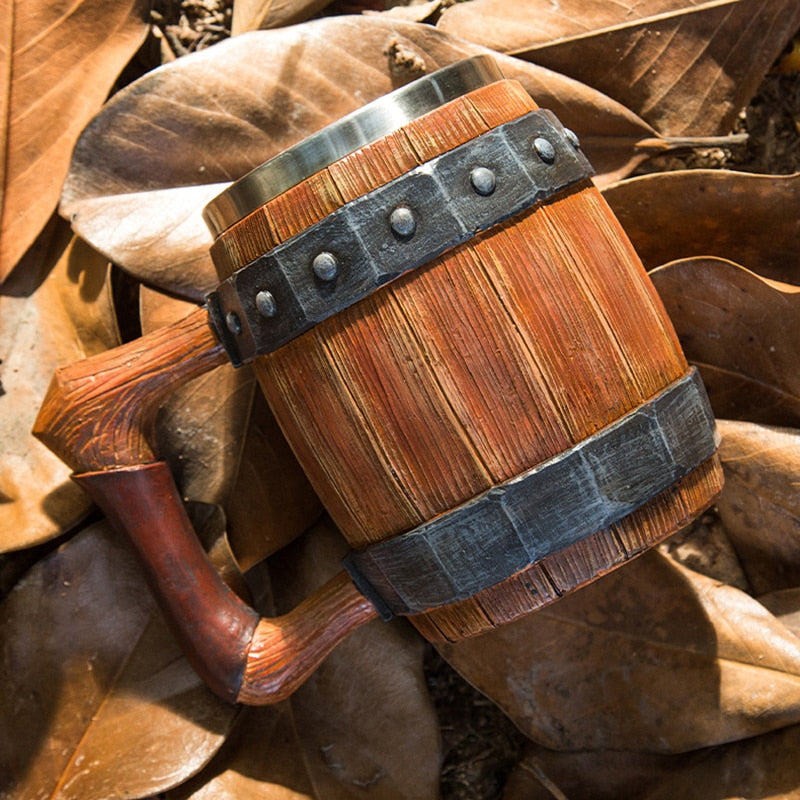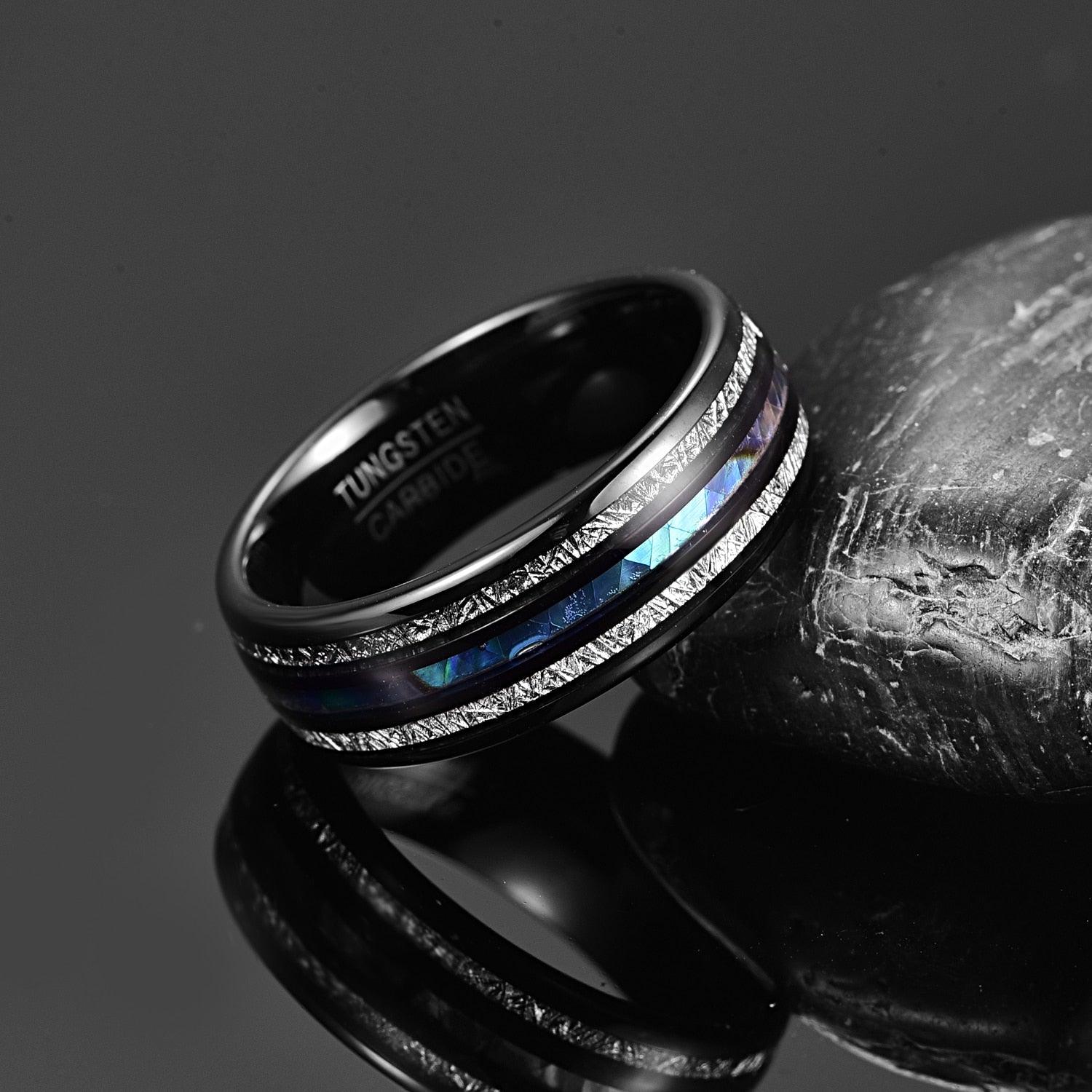The God Balder often had dreams about things yet to come. Standing amongst the most beloved of the Aesir, Balder had the gift of prophecy and the ears of all the Gods. As it came to pass, one night he dreamt about his own demise.

Baldr dead by Eckersberg, 1817
In the next morning, he shared this dream with his mother, the Goddess Frigg. Hearing about the prophetic dream, Frigg immediately decided to act, and embarked on a journey through the Nine Realms to exact an oath from each and every material and object not to harm Balder. Despite the near-impossibility of the task, vows were being sworn faster than expected, for Balder was universally loved.
Fire, water, stones, iron and every metal swore oaths. Each kind of illness swore an oath. Nothing could stay Frigg from her mission or resist her sweet persuasion. All the animals and plants swore oaths. All except for the mistletoe, which was considered too unimportant, nonthreatening and thus forgotten.
When Frigg returned to Asgard, it was with a great relief that she told her son Balder that, for the first time, his prophecy would not come to pass. He was safe and nothing would harm him.

The news about Balder newfound invulnerability quickly spread amongst the Gods, who soon created a new pastime of hurling objects at him, just to see them bouncing off without hurting the invulnerable Balder.
Joining in Gladsheim, the region of Asgard where Odin’s hall Valhalla is nested, the Gods devised a new sport. Shyly, and with small objects at first – for Balder was beloved by all – the Gods put Balder’s invulnerability to the test. As pebbles bounced off Balder’s body, greater stones were hurdled. As kindling failed to harm him, the Gods began to throw logs and soon arrows and spears at Balder, which bounced off without harm, axes and swords were brought to bear, but would not even graze him. The fairest and most gentle of the Gods assailed freely at Balder, with the full certainty that nothing could harm him. Everyone present enjoyed this new game, and they all rejoiced that it was impossible to hurt Balder. All but one.

Loki was increasingly envious and resentful of the Gods. He watched the spectacle of Balder’s invulnerability with distaste and impatience. A grudge grew in him day by day and began to consume him. He had refused to take part in the games but was unable to keep away. It was like his wyrd, fate itself, that tied him to Balder.
Loki, as all the other Gods, knew that Balder’s newfound invulnerability had something to do with Frigg’s recent travels, and he devised a plan simple yet cunning: he would ask Frigg about it.
Loki shape-shifted into an old, innocent and frail woman and, pretending to be lost, ambled into Frigg’s hall.
He found Frigg alone and immediately began to ramble of how terrible things were on her way. The old-lady-Loki complained about the awful stoning she just saw, of how unfair it was and just how terrible that beautiful young man must be feeling, probably dead by now, by the unrelenting stoning.
Compassion for the old woman took Frigg’s heart, and she told her that the young man was her son Balder and that nothing would harm him for she had extracted an oath from everything against that.
Old-lady-Loki was not satisfied and urged on, for the cunning Loki knew that a weakness in Balder’s invulnerability should exist. He continued to pester Frigg for a very long time, asking about every single oath: “Did stone took the oath? Did Iron? Did the sea?” With her wits at an end after a long time enduring the poor crazy old woman who wore thin her patience, Frigg revealed something that not even she realized at the time, that everything had sworn an oath, everything except the little bush that grows west of Valhalla, the mistletoe.
With a suppressed smile old-lady-Loki finally bid Frigg farewell and left, with his mission accomplished.

Leaving Frigg’s hall, the trickster walked across the plain of Idavoll – deserted now except for the animals that stood in motionless groups, as if they were waiting, or had never moved.
It was almost night when Loki hurried past Gladsheim. He hurried towards Valhalla and smiled to himself as he heard the Einherjar shouting. He hurried on west in the fading light, whistling and looking sharply to left and right and under his feet. Then he entered a small grove. And there, rooted neither in earth nor water, but growing out of the trunk of an oak, the Sly One found what he had come for — the spray of mistletoe.
Its berries gleamed like clusters of pale eyes. Its leaves were green and yellow-green, its stem, small branches and twigs were green. If the bush appeared otherworldly in broad daylight, it was positively eerie now, in the early night.

Loki grabbed at the little bush and wrenched at it until it came away from the oak. Then he left the grove and took the path back to Gladsheim, picking at the bush as he hurried along. He chose the straightest branch, almost as long as his forearm, and stripped it down, sharpening one end of it and storing it on his belt as he returned to the assembled Gods in Gladsheim.
The Gods were so caught up in the game, that no one was aware Loki had gone and no one noticed he had come back again.
Loki had the weapon he needed, but still lacked the delivery method of his poison. Searching his surroundings, Loki saw the blind Hodr, Balder’s brother, standing a little aside and, as usual not taking part in the game. Loki had found his victim.
Slyly, he approached and asked Hodr why he was not “honoring” his brother by participating in the game. Hodr humbly told him that he he obviously could not see where Balder was. Also, he had no weapon. Dripping with poison and malice, Loki told him that it was wrong of the Gods to ignore Hodr, and it was wrong of him to ignore his brother Balder. Loki’s words struck a chord in Hodr, but yet he said, he had no weapon.
Loki was happy to oblige, and handed Hodr the sharpened mistletoe, standing behind him and guiding his hand.
Loki’s eyes were on fire as his face was contorted in a wolfish grin. Hodr grasped the mistletoe and lifted his right arm. Guided by Loki, he aimed and threw the dart at his brother Balder. The mistletoe flew straight, piercing Balder and making him fall on his face, dead before reaching the ground.
There was no sound in Gladsheim. The Gods were awestruck.
The Gods stared at each other and then they turned to stare at Hod and Loki. They had no doubt. They were all of one mind about who had caused Balder’s death and yet, none of them were able to take vengeance. The ground of Gladsheim was hallowed and no one was ready to shed blood in the sanctuary.
Hodr could not see the fearsome gaze of that gathering, but Loki could not withstand it. He ran towards the doors of Gladsheim and slunk away into the darkness.
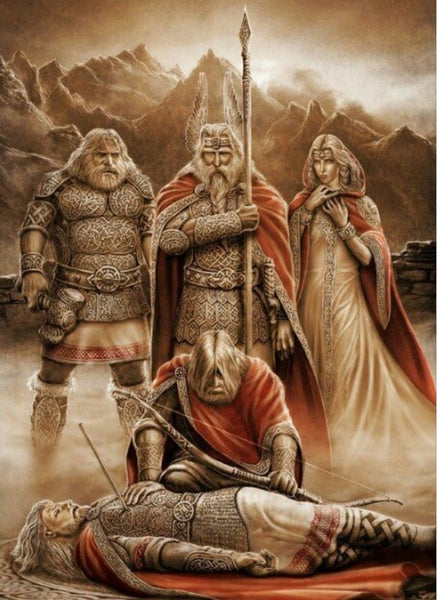
Then the terrible silence was broken with Frigg’s laments, and all Gods followed, weeping for the loss of Balder.
Few suffered as much as Odin, who wept as his son died before his eyes. The Allfather prescience was strong, and he immediately foresaw the loss and sorrow that would follow in the wake of his Balder’s death and how he would be sorely missed.
Next week, the funeral of Balder.
Sources:
Lindow, John. 2002. Norse Mythology: A Guide to the Gods, Heroes, Rituals, and Beliefs. Oxford University Press. ISBN 0-19-515382-0
Orchard, Andy. 1997. Dictionary of Norse Myth and Legend. Cassell. ISBN 0-304-34520-2
Simek, Rudolf. 2007 [1993]. Translated by Angela Hall. Dictionary of Northern Mythology. D.S. Brewer. ISBN 0-85991-513-1
Jesse Byock (2005) Snorri Sturluson, The Prose Edda. 1st. edition. London, England: Penguin Books Ltd. ISBN-13 978-0-140-44755-2

